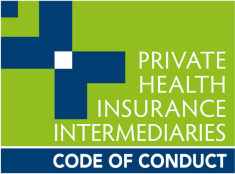In Australia, private health insurance is available to provide financial protection and contribution to medical expenses, but not all medical expenses are covered by your private health policy. In this FAQ we will explain the questions you have around what is typically covered and what’s not covered with private health insurance.
What is not covered by standard private health insurance?
The most common exclusions from private health insurance policies in Australia include:
- Elective cosmetic operations, such as cosmetic surgery and cosmetic dentistry
- Weight loss surgery, unless it is deemed medically necessary
- Infertility treatments, such as IVF
- Alternative therapies, such as homeopathy, aromatherapy, kinesiology, reflexology and iridology
- Mental health services, such as counseling and psychotherapy, unless they are part of a hospital treatment plan
- Non-medical services, such as transportation and accommodation for medical treatment
- International travel for medical treatment
- Experimental treatments or procedures that are not yet widely accepted or covered by Medicare
Does private health insurance cover dental services?
No, private health insurance does not generally cover routine dental services, such as check-ups, cleanings, and fillings. However, some private health insurance policies may offer coverage for more extensive dental procedures, such as orthodontics and oral surgery, that are performed in a hospital setting.
Does private health insurance cover optometry services?
Similar to dental, optometry services are not covered by private health insurance such as eye examinations although prescription glasses and contact lenses are covered by private health extras policies.
Am I covered for ambulance services?
Not all private health policies cover individuals for ambulance services. However, some states in Australia automatically cover policy holders through their state or territory.
Will my private health policy cover prescription drugs?
No, private health insurance policies in Australia do not cover prescription drugs. Prescription drugs are covered by the Pharmaceutical Benefits Scheme (PBS), which is a government-funded program.
In conclusion, it’s important to understand what is not covered under your policy to avoid any surprises when you need to make a claim. While most health insurance policies provide coverage for a wide range of medical expenses, there are still some things that are not covered, and it is important to understand these exclusions.


